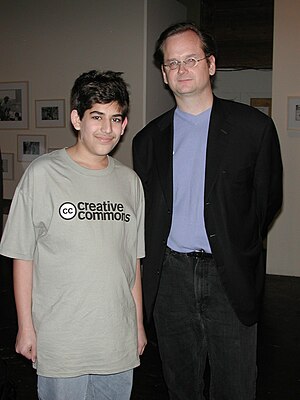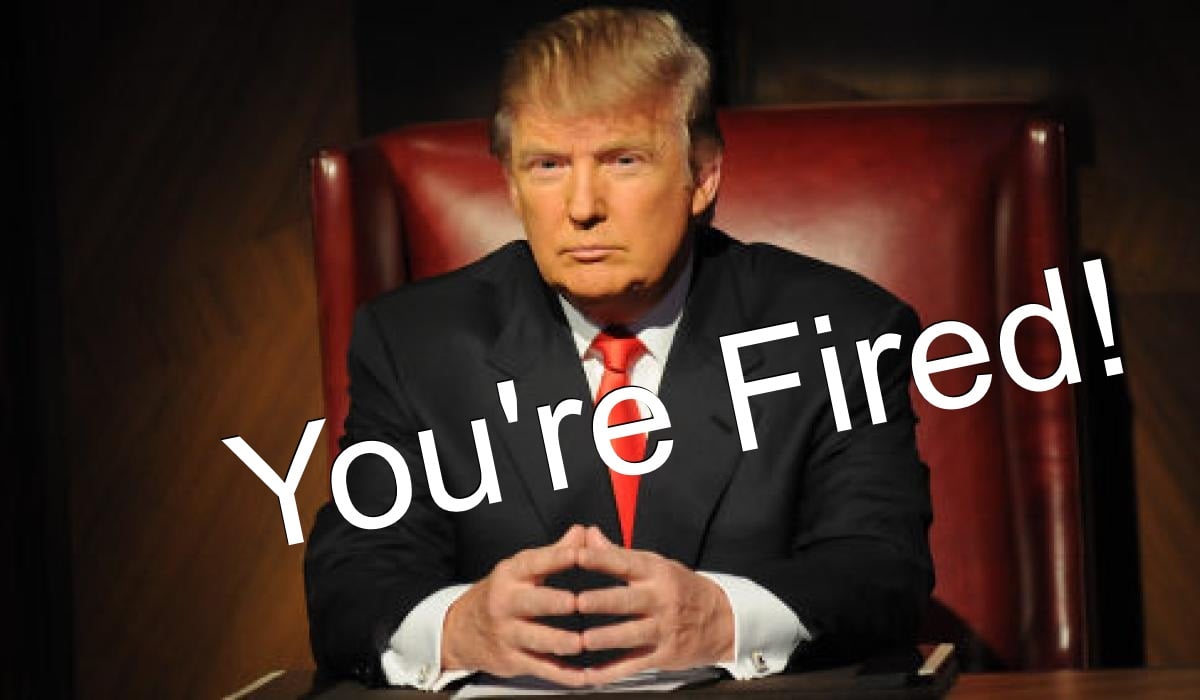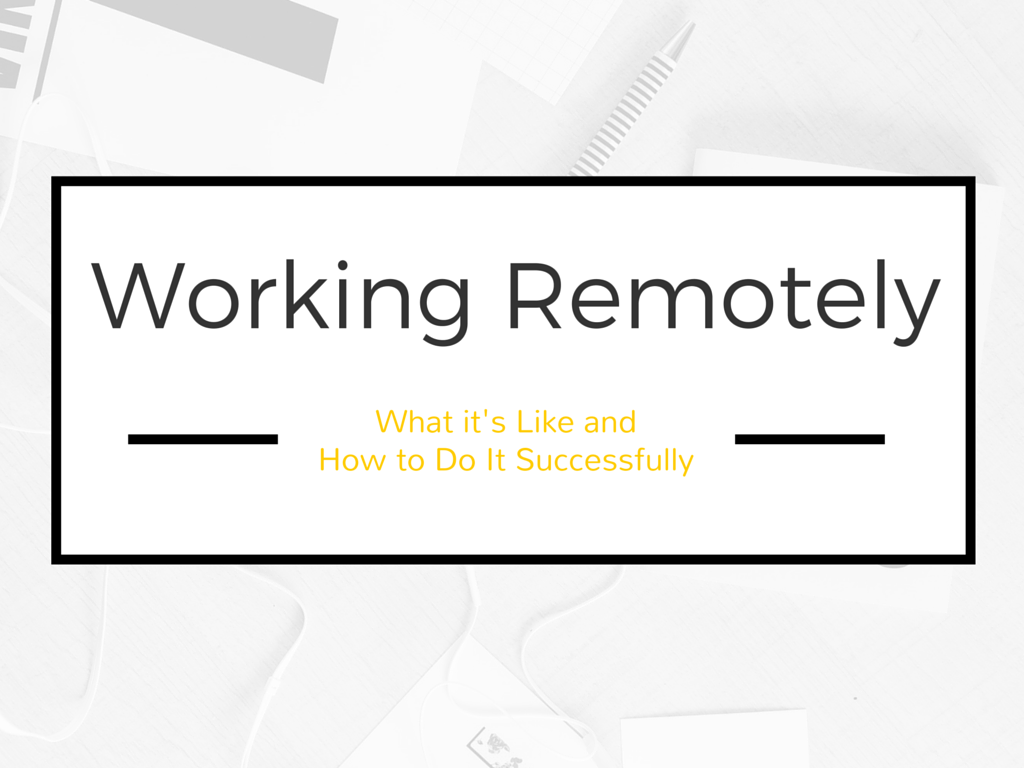
The news of which I speak, is that of Aaron Swartz, who at 26 years of age, took his own life in his New York apartment. The likely main contributing factor being his troubles with the judiciary system, of which I will discuss further on.
Who Was Aaron Swartz
Unknown to the majority of even the web familiar public, Aaron Swartz was also one of the world’s most influential Internet activists.
Only a few people can say they created a culture in the internet, a culture that has crossed from the web into the real world, one that started with this site. With all its grey areas, flaws and virtues, Reddit is now a remarkable influencer thanks of its popularity (37Bln Pageviews in 2012) and Aaron was instrumental in shaping that.
The core of Aaron’s genius was his ability to create new ways to deliver and consume web content – fundamentally, how we as users of the internet, interact with the vast array of information on it. Aaron Swartz built RSS when he was 14years old.
What I want to focus on however, is not his technical abilities, which are nothing short of phenomenal, but his dedication to internet activism. Aaron was the cofounder of Demand Progress, a group that started the movement to stop SOPA act.
This group and others were responsible for stopping an act that would have killed Wikipedia, news aggregator, Facebook, YouTube and many of the sites you and I use.
To know more about the man, I highly recommend reading his blog or a touching obituary from his partner, Quinn Norton or the blog that has been setup in his memory
His trouble with the justice
In 2009 Aaron helped Carl Malamud to extract and download US court records via their PACER interface. The program at that time offered to download records for free. Aaron apparently managed to download up to 20% of the entire database: 19,856,160 pages of text. The free trial suddenly shut down after Aaron started downloading documents.
This stunt brought about the attention of the FBI and various government offices; however they were unable to press charges against him.

Aaron Swartz and Lawrence Lessig at the Creative Commons launch party in December 2002. (Photo credit: Wikipedia)
On January 6, 2011, Aaron was charged by the U.S. Attorney for Massachusetts in connection with wire fraud, computer fraud, unlawfully obtaining information from a protected computer, and recklessly damaging a protected computer. This was all in relation to scientific articles that Aaron accessed and downloaded from a Scholar article repository while logged in as a guest user. He used an open cabinet in MIT to systematically download files
It has been identified that Aaron took only limited measures to hide his identity and the majority of information were apparently open access.
The alleged victim, JSTOR, refused to press charges after Aaron gave back the documents and promised not to share them. MIT, where Aaron downloaded the files, has remained silent to date and have not pressed charges either.
The federal investigations lead to the count 13 felony charges likely to represent up to 35 years in prison and $1 million US in fines.
It seems likely that Aaron’s trial is a political act rather than an act of justice due to the lack of proportionality in regards to the alleged offences.
Lawrence Lessig, Creative Commons founder and a friend of Aaron posted on his blog his views on how the judiciary system decided to press excessive charges for the alleged crime and this misuse of power to bully a political activist.
What he stood for
Freedom to connect. Freedom of information. Freedom of speech. Swartz was considered a pioneer of efforts to make online information freely available. Hear is recollection of the SOPA act opposition
[youtube_video id=Fgh2dFngFsg width=”640″ height=”360″]
…Aaron had an unbeatable combination of political insight, technical skill, and intelligence about people and issues. I think (and I am certain that I am not the only one) that Aaron was one of those rare individuals that could have revolutionized an entire country’s (and even worldwide) politics. His legacy may still yet do so. Cory Doctorow, old friend of Aaron and writer at Boing Boing
Aaron’s stance against the system has unfortunately (and to our great detriment) contributed to his loss of life and forces us to ask the question of the importance of transparency and accountability from government and corporations alike? Do you value having a say on decisions affecting your daily life?
Why it matters to me
Swartz fought for a freedom of information, a vision I and many others share. I try and make my own meagre impact by contributing to various projects such as Wikipedia free university and other projects.
In a time where digital information becomes the new currency and in some circumstances, also a threat, it is increasingly important for all members of our shared global society: citizens, corporations, lobby, governmental institutions and many more to engage in a reflection about the state of society as it should be.
It also matters to me as a business owner and Internet worker. A lot of my work is conducted using freely accessible IP. The base of some of my successful work and long term digital relationships has been established on the base of the protection of such free speech.
We can either alienate or defend this freedom. Historical evidences suggest political and social evolutions have all tended to produce an open and equitable society.
The digitalisation of our word is bringing down some of the physical barriers, exposing us to a moving environment, transforming our way of learning, living, consuming. Some may decide to find opportunities to better themselves.
Do you believe in the survival of the fittest? I do and so should you.
We have lost a great man this week. And there is a lesson here, that all of us should learn from.
P.S: If you value your freedom but do not know how to take action, simply support a couple of useful organisations such Electronic Frontier Foundation, if you used Flickr or any free images, you might want to help Creative Commons or the ubiquitous Wikipedia.









